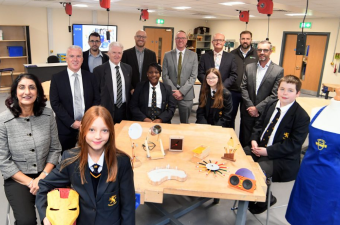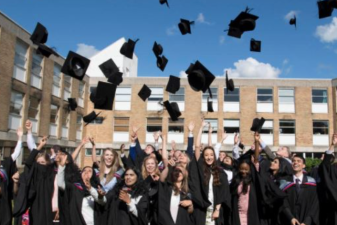In an era of devaluing academic qualifications, is college really worth attending? "Is college still useful?" This is a question countless ordinary families repeatedly ask in this uncertain era.Looking back from the crossroads of 2025, the value assessment of university education can no longer be simply measured by "return on investment." It is both a lifeboat to cope with the torrent of technology and an ecosystem that nurtures lifelong growth. When self-driving cars replace drivers and AI lawyers handle standardized contracts, the uniquely human creativity, empathy, and value judgment need to be honed precisely in the humanistic cultivation and scientific training of universities. Those seemingly useless general education courses, those course designs completed through sleepless nights, will eventually become starlight illuminating the career maze at some unexpected moment. The true essence of education is never a guaranteed check, but rather the courage and wisdom to navigate uncertainty.

- Providing systematic thinking training and methodological development; providing crucial space for trial and error and exploration.
- Academic qualifications remain a "stepping stone" for many careers: Emerging industries (such as artificial intelligence and new energy) face a significant talent gap.
- Helping students overcome cognitive limitations, broaden their horizons, and build interpersonal networks across regions and social classes.
- Providing practical platforms such as "integration of expertise and innovation"; the school-enterprise cooperative training model precisely meets the needs of businesses.
- Emphasizing the cultivation of critical thinking, innovation, and lifelong learning skills—key to adapting to future changes.
- For those considering attending university
- Clarify your goals: Think clearly about your purpose for attending university. Is it to acquire specific expertise, experience a nurturing environment, obtain a diploma, or buy yourself more time for exploration?
- Carefully choose your major and institution: Pay close attention to majors that align closely with national development strategies and emerging industries (such as artificial intelligence, new energy, and biomedicine). Also, evaluate the institution's training approach, university-enterprise partnerships, and the quality of its employment services.
- Evaluate the return on investment: Rationally assess your family's financial situation. If choosing a private institution, carefully consider the high tuition costs and the potential returns. Explore different pathways, such as vocational education; some high-quality vocational programs offer clearer career paths.
- For those currently attending university
- Actively connect industry and practice: Actively participate in internships, research projects, and social practice. This is the most effective way to bridge the gap between theoretical learning and the market, directly improving your employability. · Cultivate core transferable skills: Consciously cultivate "soft skills" such as critical thinking, complex problem-solving, cross-disciplinary learning, digital literacy, and teamwork.

- Develop a lifelong learning habit: Recognize that university knowledge will become outdated, and cultivate the ability to continuously learn and renew oneself as fundamental to coping with future changes.
- Strive for a better education system and call for deep reform of the higher education system!
- Dynamically optimize professional offerings: Establish a dynamic response mechanism of "technological frontiers, industry needs, and professional adjustments" to eliminate the "generational gap" between talent development and market demand.
- Deepen industry-education integration: Promote "order-based" education models and jointly build industry-education integration platforms to allow students greater exposure to real-world industrial environments.
- Improve a diversified evaluation system: Eliminate the "degree-only" approach and promote the establishment of a diversified evaluation system, including "degree certificates + professional skills certificates," to ensure that skills and academic qualifications are equally competitive.







